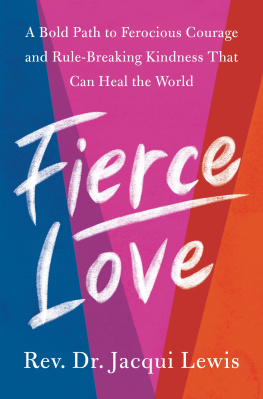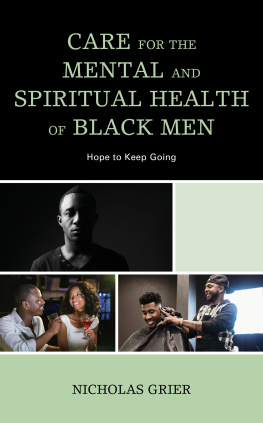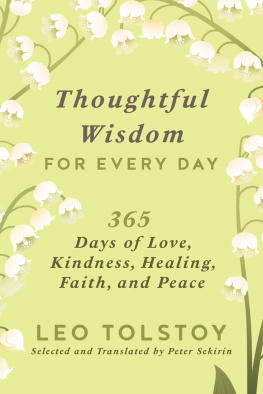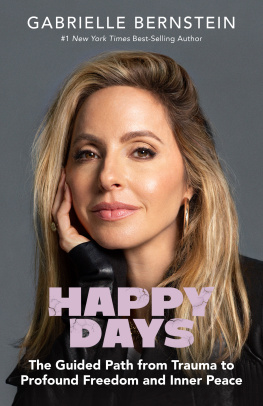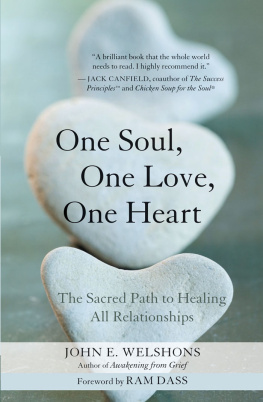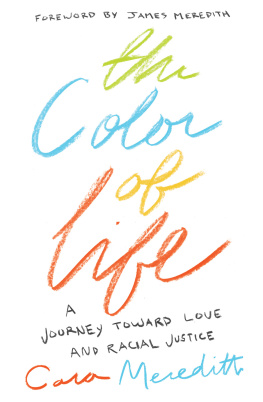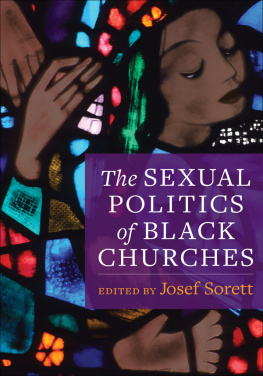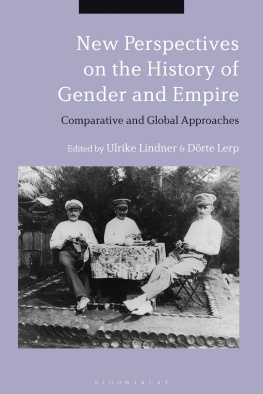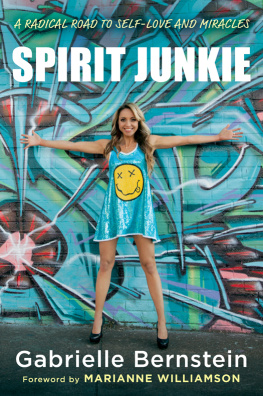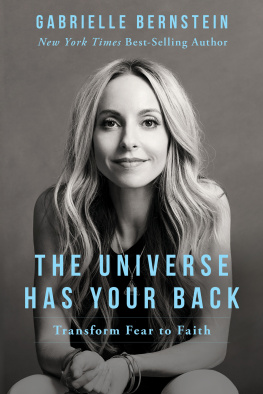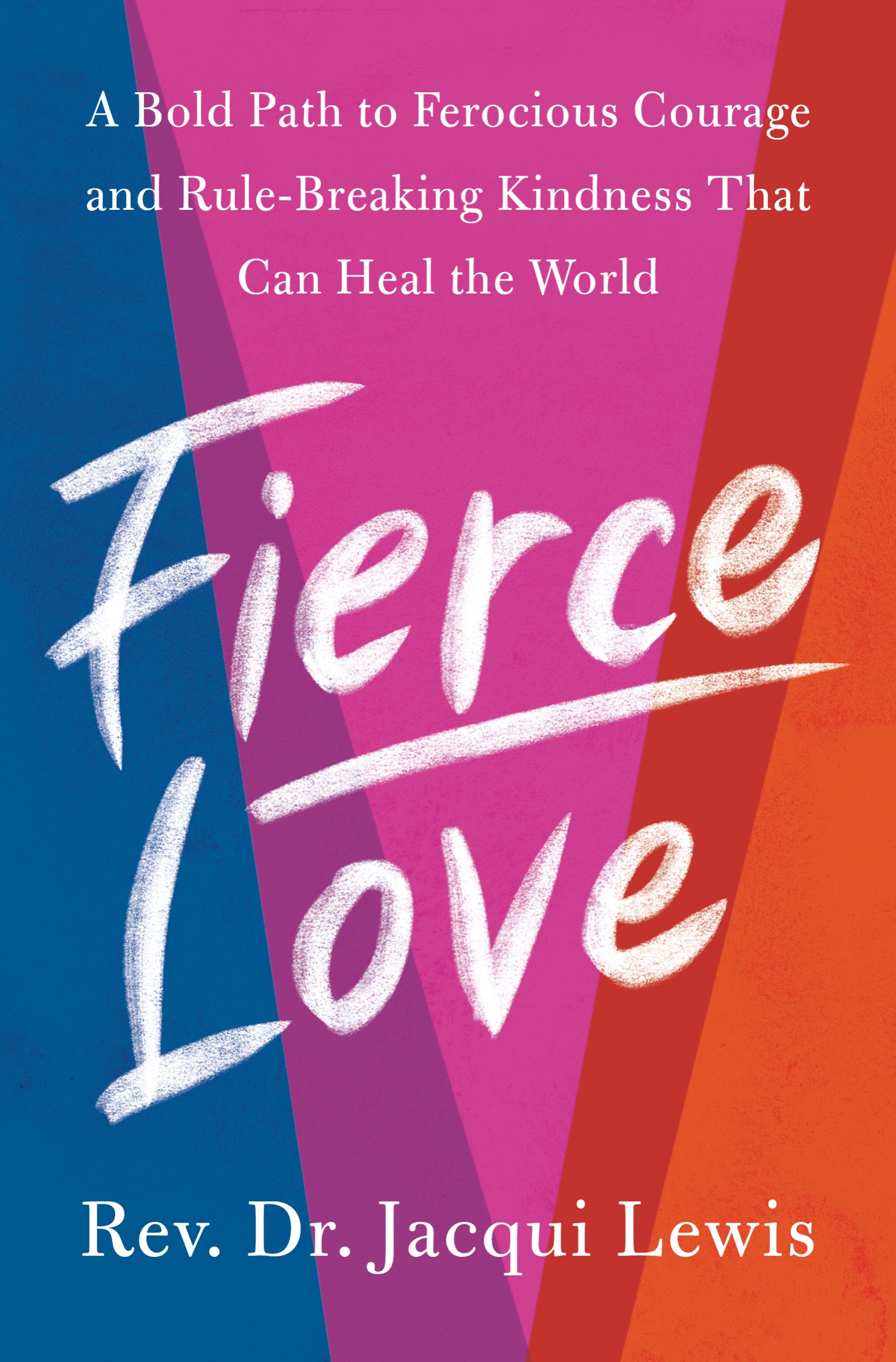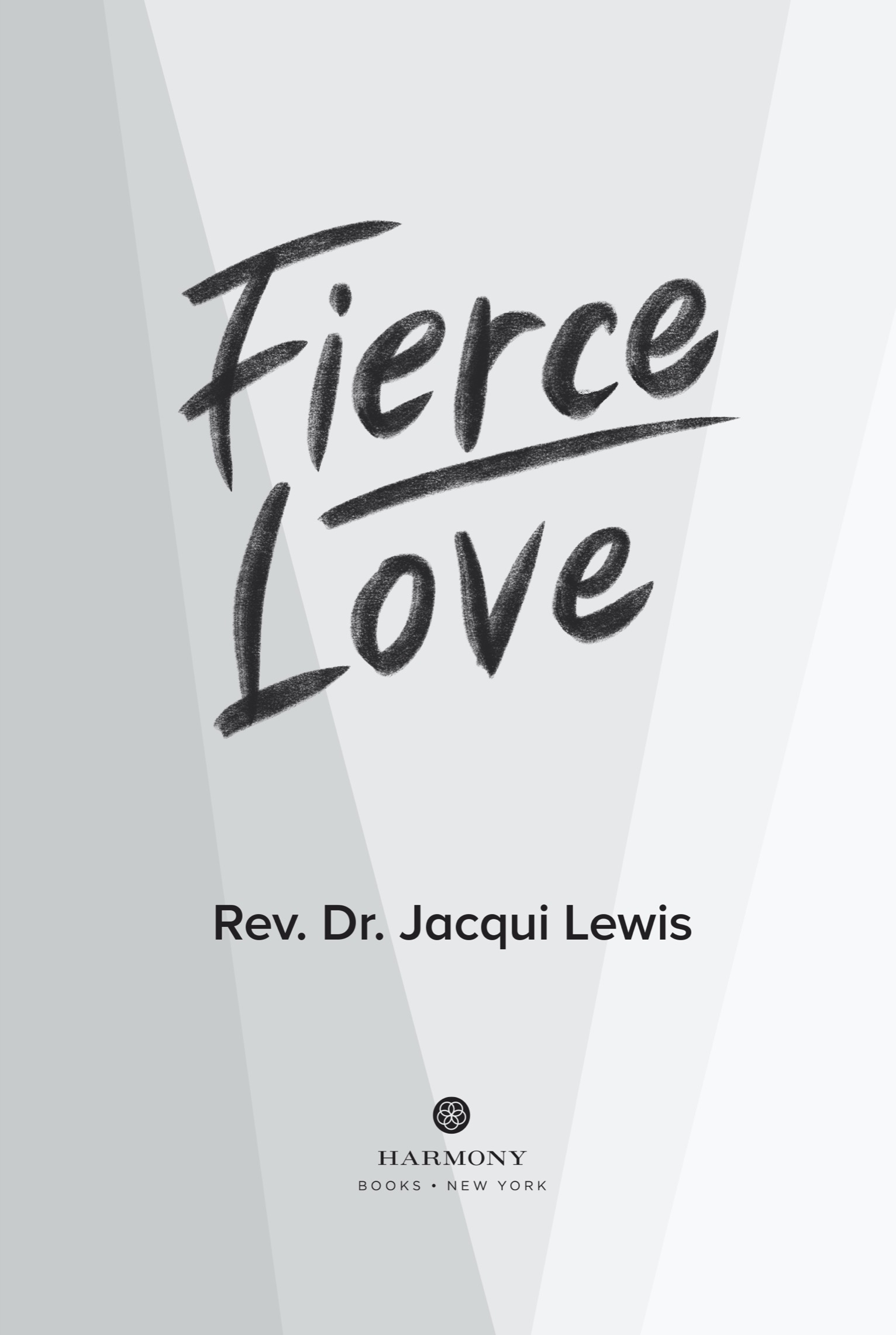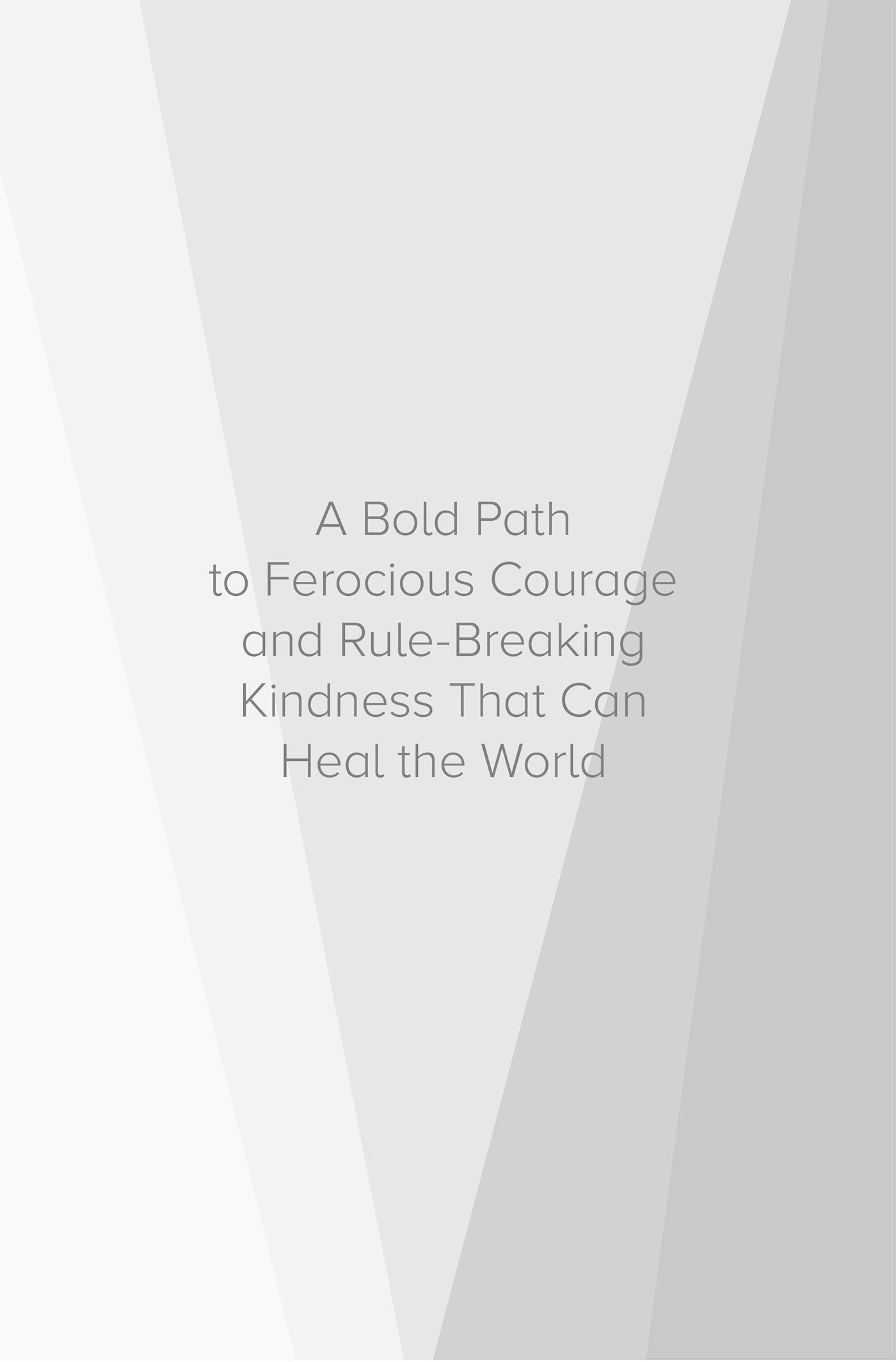The names and identifying characteristics of some of the people mentioned in this book have been changed to protect their privacy. Any resulting resemblance to persons living or dead is entirely coincidental and unintentional.
Copyright 2021 by Jacqueline J. Lewis
All rights reserved.
Published in the United States by Harmony Books, an imprint of Random House, a division of Penguin Random House LLC, New York.
Harmony Books is a registered trademark, and the Circle colophon is a trademark of Penguin Random House LLC.
Names: Lewis, Jacqueline Janette, 1959 author.
Title: Fierce love : A Bold Path to Ferocious Courage and Rule-Breaking Kindness That Can Heal the World / Rev. Dr. Jacqui Lewis.
Description: First edition. | New York : Harmony Books, [2021]
Identifiers: LCCN 2021008418 (print) | LCCN 2021008419 (ebook) | ISBN 9780593233863 (hardcover) | ISBN 9780593233870 (ebook)
Subjects: LCSH: Self-acceptance | Self-esteem.
Contents



Introduction
You, Yours, and Ours
Even before COVID-19 showed up in our global family, we were living in what I call hot-mess times. In our current context, race and ethnicity, caste and color, gender and sexuality, socioeconomic status and education, religion and political party have all become reasons to divide and be conquered by fear and rancor. For some time a perfect storm has been brewing, one that polarizes, amplifying the power of divergent ideologies and reducing our differences to shallow and bigoted categories in which we are vehemently against them. Put simply, we are in a perilous time, and the answer to the question Who are we to be? will have implications for generations to come.
We have a choice to make. We can answer this question with diminished imagination, by closing ranks with our tribe and hiding from our human responsibility to heal the world. Or we can answer the question of who we are to be another way: We can answer it in the spirit of ubuntu. The concept comes from the Zulu phrase Umuntu ngumuntu ngabantu, which literally means that a person is a person through other people. Another translation is, I am who I am because we are who we are. When Zulus see each other, they offer this greeting: Sawubona, which means I see you. And the response is Sikhona, which means I exist. With this in mind, who I will be is deeply related to who you are. In other words, we are each impacted by the circumstances that impact those around us. What hurts you hurts me. What heals you heals me. What causes you joy causes me to rejoice, and what makes you sad also causes me to weep.
By channeling the ancient wisdom of ubuntu, we can engineer a badly needed love revolution to rise up out of the ashes of our current reality. Im not referring to the sentimental love of romantic comedies, greeting cards, and pop musicthat kind of love does not serve this purpose. No, Im calling for a demanding, heart-transforming, fierce love. Fierce love breaks through tribalism to help humans realize an inextricable and irrevocable connection, and understand that the liberation, livelihood, and thriving of people and planet are tied up together. In this moment, in the urgency of now, we simply must ask questions of identity as we consider the surviving and thriving of all peoples. We must allow the stories of othersthe vulnerable, the poor, the stranger, the one least like usto change our stories, to impact our story. The empathy that grows from listening to others, from connecting with our neighbors, and from loving our neighbors as we love ourselves can define the courses of action we take. How we vote, where we live, where we shop, how we raise our children, how we care for the planet: All of these choices, when made with ubuntu, can save humanity.
I love a good story. Stories can horrify you, make you cry, shock you, and shake you to your core. They can melt your heart, change your mind, call you to action. Humans become human because of stories. They form our identity, remind us of who weve been, and teach us who we are to be. We lean into them, fall back from them; we wrestle with their contradictions, we sort them out.
This book is packed with stories: stories of sacrifice and resilience, stories of truth-telling and forgiveness. Most of these stories come from deep in my own historyfrom both my childhood and my adult lifethough there are others here, too, as testimony to what fierce love can do. My stories are of my own awakeningpsychological, sexual, political, and spiritualand trace my journey to confront and make amends with myself, my family, my community, and my God. Coincidentally, fire is a recurring character in the forging of my identity and outlook. When I was in my twenties, a moving-truck fire took almost all of my earthly belongings, and in 2020just as I was finishing this manuscripta suspicious fire that started next door to my church in Manhattan consumed all but the faade of my beloved workplace. I realize that both fires gave back to me as much as they took. I learned the liberation that comes when you lose everything, that the opportunity to begin again is true freedom. Especially after the Middle Church fire, Ive been revisited with the tremendous power of ubuntu in the way that people all over the world have grieved with our congregation, loved on us fiercely, and pledged to help us rebuild. What hurts you hurts me, what heals you heals me, writ large.
Whether my own or plucked from the world, the stories I share illustrate my thinking about how to live with ubuntu and to effect change. There are nine of these strategies, nine behaviors that fall into three categories: those that relate to you and the way you think about and treat yourself; those about how you behave in your community; and those about how you choose to amplify your personal code out in the world. Ive made these tenets concrete in my life, and you can make them concrete in yours. These practices are tools to help you become kinder and gentler; to build quality relationships and communities that are inclusive and intersectional; to create a culture that embraces the full spectrum of ethnicity, gender, sexuality, and humanity that make this world, and this life, so amazing. All of us must face and embrace the urgent need for deep social changechange that begins within, then spreads like ripples on a pond, and finally becomes a tsunami of love-inspired change. No matter your age, race, faith, gender, or sexuality, I hope these nine practices give you a new sense of the power you have to be good and to insist on good; to care for others and insist on being cared for; to stand up for the vulnerable and stand against injustice; to love and be loved.

